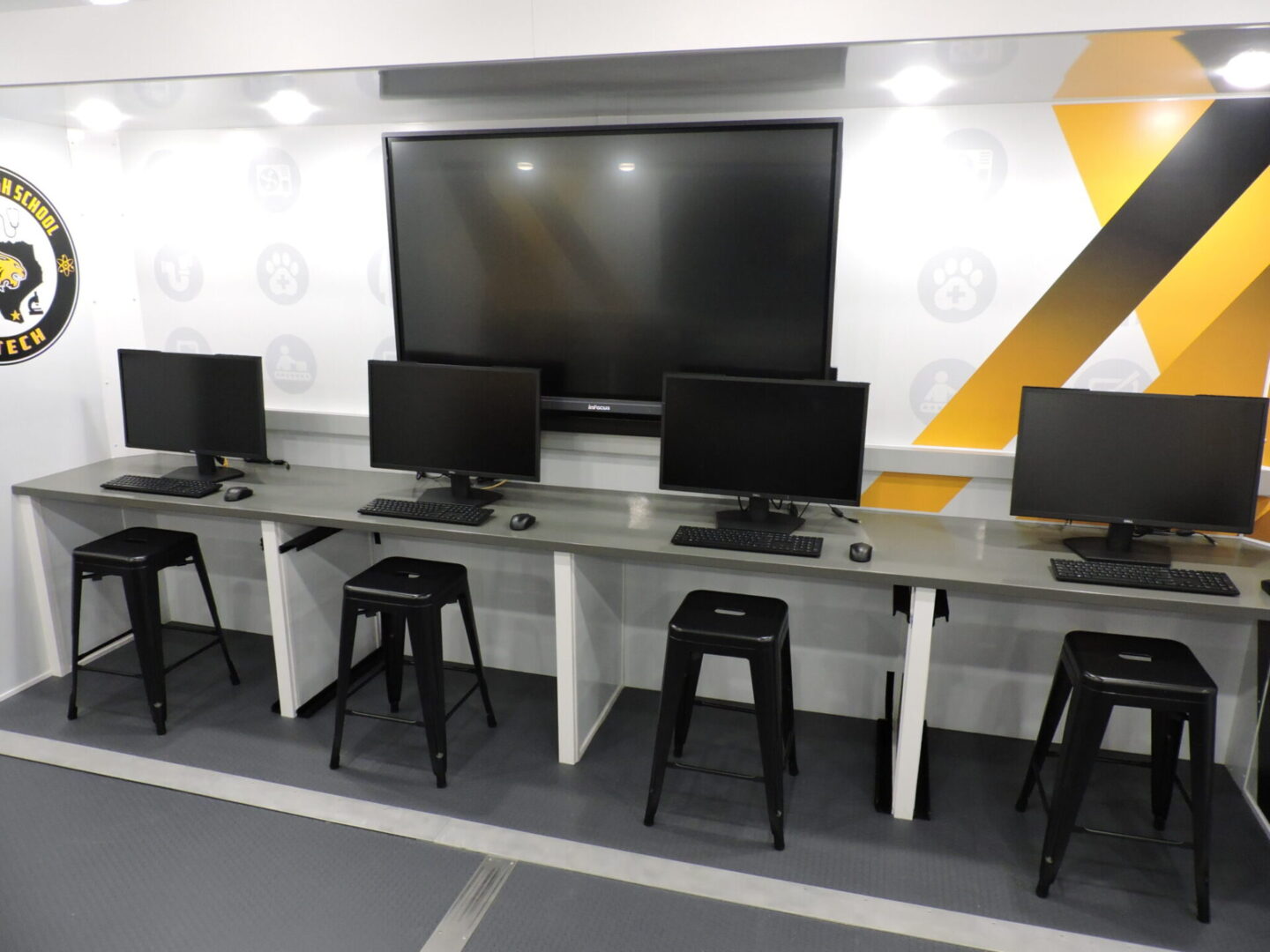Mobile Solutions for Every Sector

Triune Specialty Trailers is at the forefront of delivering cutting-edge mobile solutions that cater to a diverse range of needs. Our commitment to excellence and innovation is evident in every project we undertake. We understand the unique challenges and requirements of each sector, allowing us to design trailers that are not only functional, but also inspire and engage.

Our Services
-
Mobile STEM Labs
-
Mobile Exhibits and Museums
-
Mobile Medical Trailers
-
Welding Trailers
-
Leasing and Logistics
Contact Us Today
Whether you're looking to expand your educational outreach with a mobile STEM lab, bring history to new audiences with a mobile museum, or provide critical medical services with a mobile medical trailer, our team is here to help. Get in touch to discuss your needs and view trailer options tailored to your goals. Let's make mobility meaningful.

